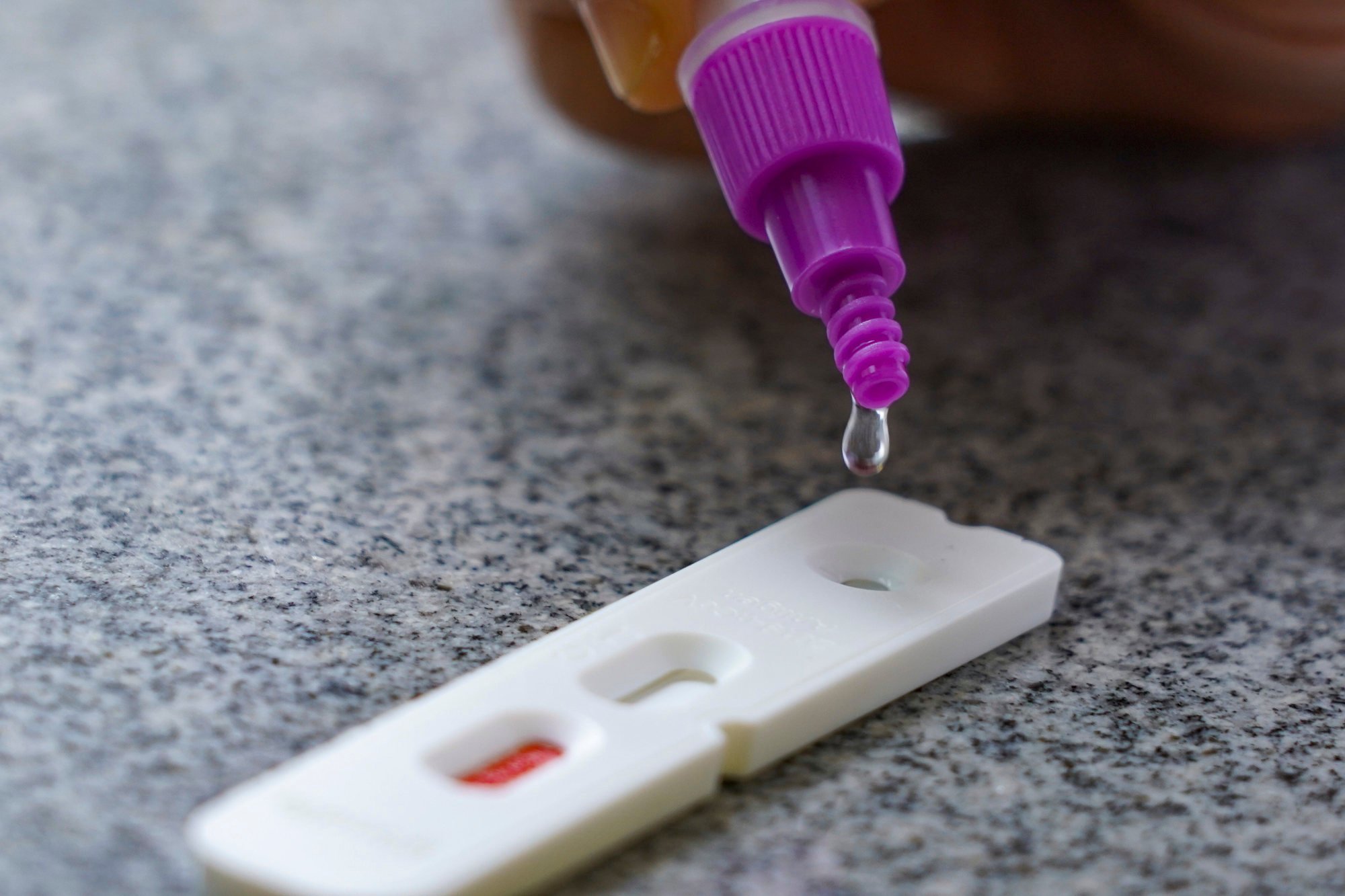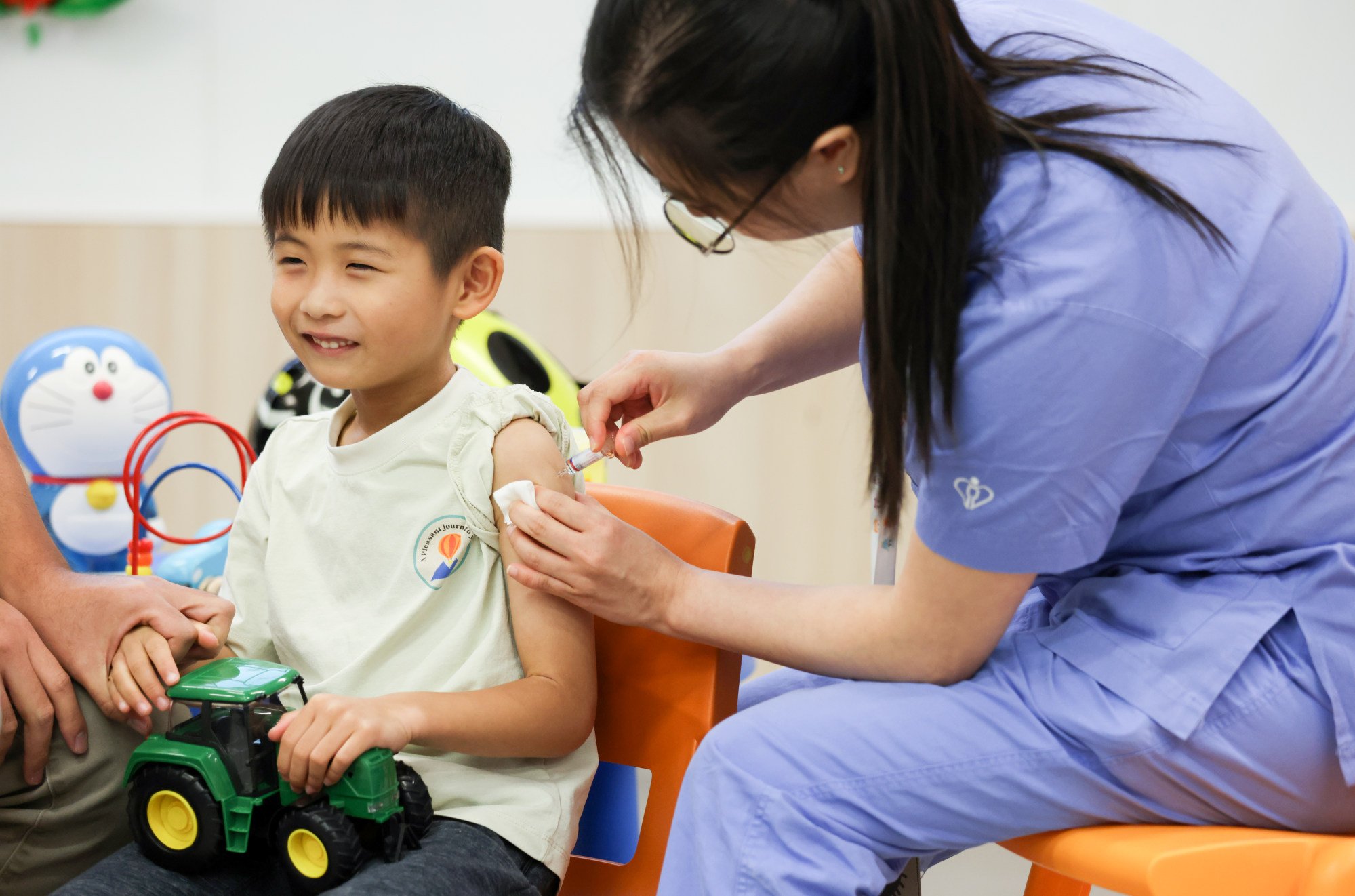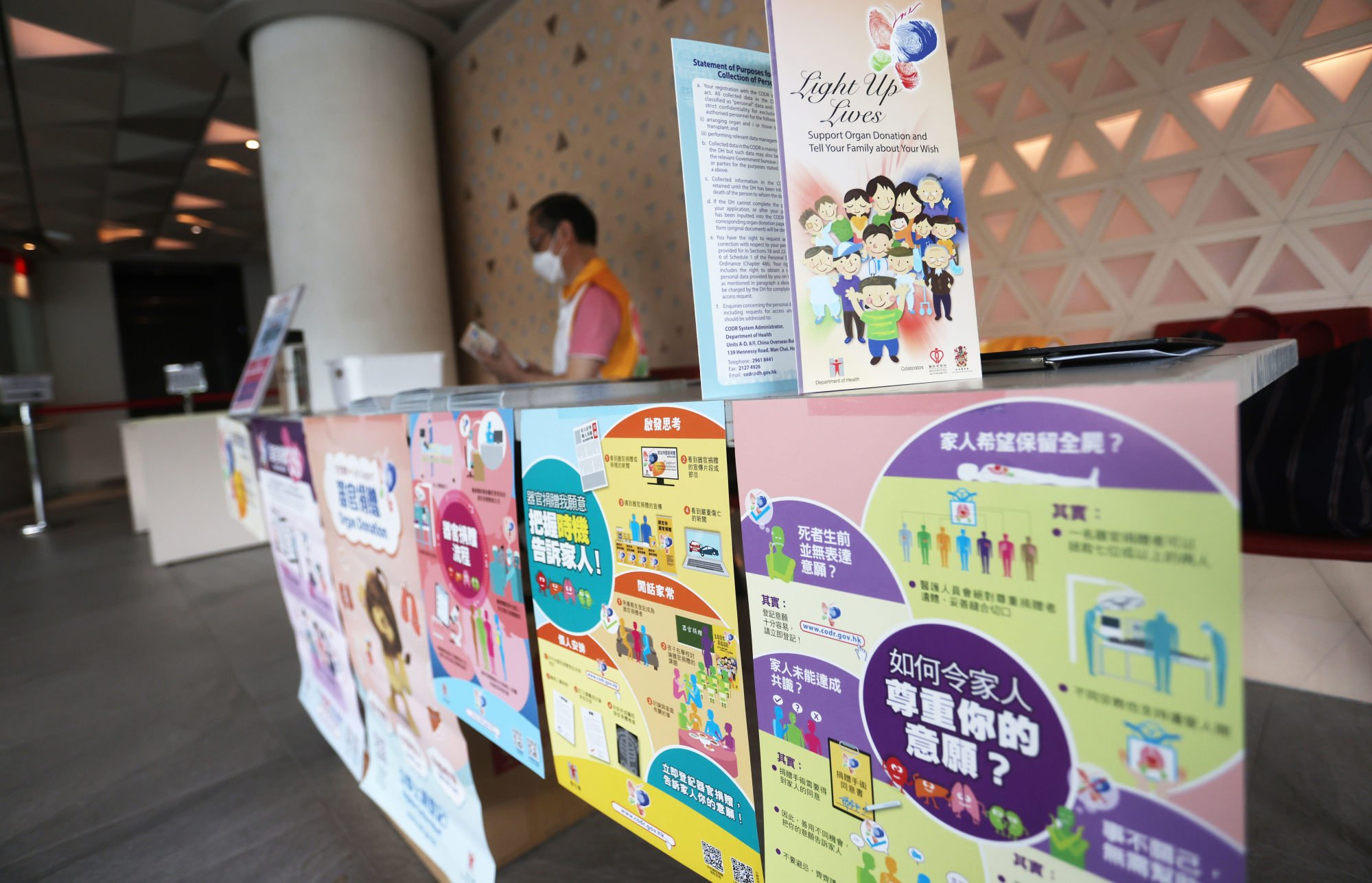
Hong Kong public health challenges in 2023: from the lifting of Covid measures to the rise of suicides among students
- The Post recaps some of the city’s major health-related milestones over the year, from the lifting of testing measures to sustained vaccination efforts
- Health authorities also faced rise in student suicide cases and monkeypox
Hong Kong sought to return to a state of normality in 2023 after three years of Covid-19, with authorities aiming to restore the city’s pre-pandemic status as an economic and international hub.
But even as the borders reopened and Hongkongers ventured outdoors unmasked, the city continued to face various public health challenges as well as enjoy some opportunities.
The Post recaps some of the major health-related milestones in 2023.
1. Borders fully reopen
On February 6, mainland China fully reopened its borders with Hong Kong and Macau. All Covid-19 travel restrictions were dropped and no quotas were imposed on arrivals from either side. Similarly, all pre-departure testing requirements for travelling between the two places were lifted.

The reopening of all cross-border checkpoints meant all channels for the flow of people and cargo between the city and Shenzhen as well as the broader Guangdong province could return to pre-pandemic status.
More than 190,000 people, comprising tourists, students and workers, crossed the border between Hong Kong and mainland China on February 6.
The requirement of having travellers declare their health status when crossing the border was later dropped in November, except for those experiencing symptoms.
190,000 cross Hong Kong-mainland border on first day of full reopening
2. Smiles in the street again
The policy change was also seen as beneficial to the economy because it symbolised the city’s efforts to return to a state of normality. Health chief Lo Chung-mau said at the time that people could show their smiles and say “Hello Hong Kong”, a reference to the name of the government’s global campaign back then to attract visitors to the city post pandemic.

3. Bye bye Covid testing
Secondary schools in Hong Kong were no longer required to conduct daily rapid antigen tests (RAT) for the coronavirus from March 1. The same relaxation was later applied to other pupils in mid-March. Students, staff and visitors were also not required to measure their temperature before going to school.
Daily RAT tests for students at all levels were introduced in April 2022 when half-day face-to-face classes resumed.
March also marked the scrapping of RAT for visitors and clinical staff at public hospitals and visitors and residents at care homes.
Hong Kong to end daily RAT tests for all pupils from Thursday
4. Immunity weakened
In 2023, 22 paediatric cases of severe influenza-associated complications were recorded, along with five deaths. In October, it was reported that 232 severe adult cases were recorded since the start of the summer flu season in August, with 141 deaths to date.
The Centre for Health Protection warned that after the Covid-19 pandemic receded, a phenomenon called “immunity gap” had emerged around the world in which social-distancing measures caused immunity against other viruses to have weakened. That has led to outbreaks of respiratory illnesses.
The Hospital Authority in December announced that it had allocated over HK$890 million (US$114 million) to all public hospitals to prepare for the winter flu season between the end of 2023 and next May.

5. Vaccine efforts roll on
Although the Covid-19 pandemic had subsided, Hong Kong did not cease efforts in providing vaccines to residents.
The first batch of 100,000 doses of the mRNA vaccine targeting the Covid-19 variant XBB manufactured by BioNTech and Pfizer arrived in Hong Kong in late November, with people aged 65 or older being eligible from December.
Another batch of about 100,000 doses of the same type of vaccine produced by Moderna, would also arrive in the city “soon”, the government added without giving a date.
Hong Kong receives first batch of Covid XBB variant vaccines
6. International collaborations
Professor Yuen Kwok-yung from the University of Hong Kong (HKU) and fellow scientists from other top mainland and overseas institutions such as top respiratory disease expert Professor Zhong Nanshan and renowned virologist Professor David Ho of Columbia University launched the Pandemic Research Alliance in December for joint research on novel viruses and to help prepare for the next pandemic.
Top scientists, including Hong Kong scholar, vow to prepare for next pandemic
The alliance’s membership also included scientists from the University of Melbourne’s Doherty Institute in Australia, Singapore’s Duke-NUS Medical School, Guangzhou National Laboratory and Tsinghua University on the mainland.

7. Monkeypox
With travel resuming, monkeypox (mpox) cases continued to rise in Hong Kong this year after the first case was discovered in the city in September 2022. Fifty-four confirmed mpox cases have been recorded in Hong Kong as of November.
More than 14,800 doses had been administered under the government’s mpox vaccination programme which began in October 2022.
8. Mental health crisis
Hong Kong’s mental health situation came under the spotlight in 2023. In June, the government’s Advisory Committee on Mental Health proposed 10 measures to improve the city’s public mental health services in the wake of a tragedy where two women were stabbed to death at a shopping centre by a man said to have schizophrenia.
Hong Kong urged to set up high-level body to coordinate mental health policies
A rise in suicides among primary and secondary school pupils has also triggered concerns over the mental health of the city’s younger generation. At least 31 students took their own lives in the first 11 months this year, compared with 25 in 2022, 25 in 2021 and 21 in 2020.
A citywide study released in December found nearly one in four Hong Kong children and adolescents suffered from at least one mental disorder in the past year and more than 8 per cent of secondary school students had thought about suicide.

9. Organ donation register withdrawals
It was believed that some people made the withdrawals because the government said they were exploring the setting up of a standing organ transplant mutual assistance mechanism with the mainland after the December transplant.
But more than half of all attempted withdrawals were found to be invalid as the applicants had not registered in the first place or repeatedly made requests to leave the scheme.
10. Other key health-related policies
Under law amendments proposed by health authorities in May, patients suffering from terminal illnesses may be granted more legal power to stop receiving medical treatment if they wish.
Their decision not to receive resuscitation or other life-sustaining medical treatments at the final stage should also be respected by paramedics outside hospital settings, according to the proposal.
Hong Kong to give terminally ill patients more say over where and how they die
The government in November also proposed allowing Hongkongers to give legal instructions electronically to reject certain medications in end-of-life treatment, in addition to the current practice in paper format.


